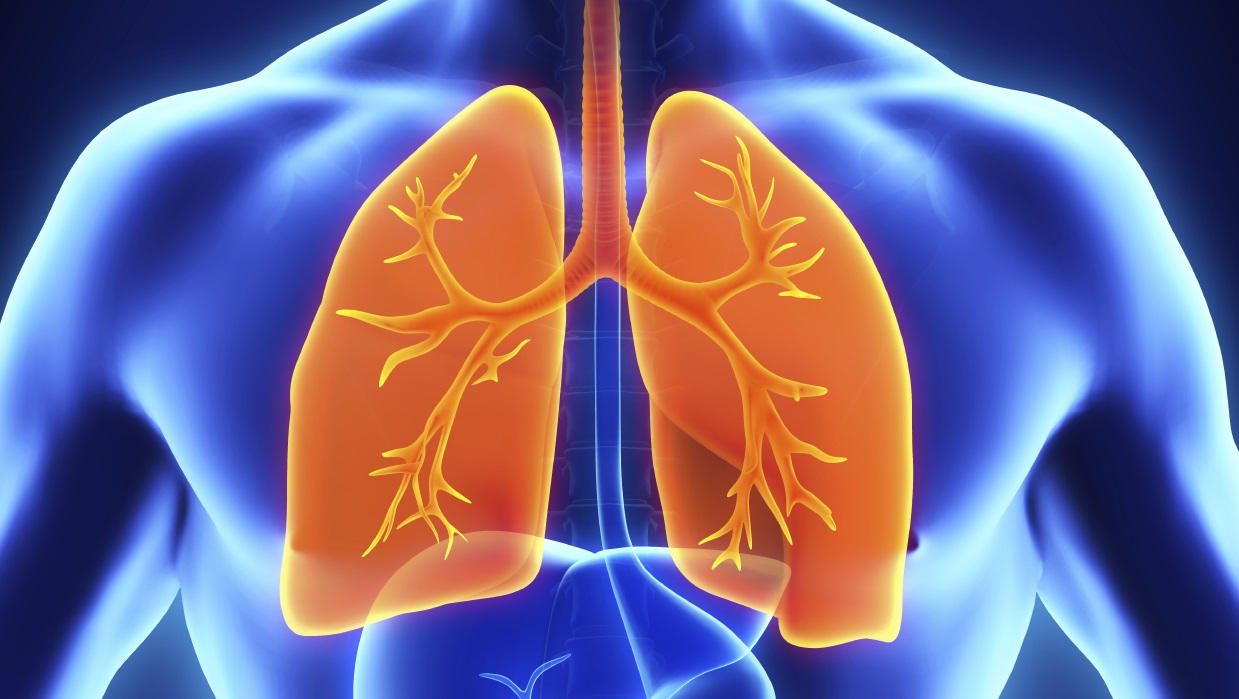Synairgen slumps as inhaled COVID drug fails pivotal test

UK biotech Synairgen saw the value of its shares crater after its inhaled interferon beta therapy SNG001 was found to provide no benefit to people hospitalised with COVID-19.
The drug – originally developed for asthma – missed both primary and secondary efficacy measures in the 623-patient SPRINTER trial, including a failure to reduce the time it took for patients to be discharged from hospital or recover from COVID-19 compared to placebo.
The Southampton-based company didn’t say the outcome had killed off the programme, noting that the improvements in standard care for patients hospitalised with COVID since the study began in January 2021, including the widespread use of systemic steroids like dexamethasone, may have made it harder for SNG001 to show a clinical benefit.
Synairgen's chief executive Richard Marsden said that the biotech had observed "an encouraging trend in prevention of progression to severe disease and death, which we strongly believe merits further investigation in a platform trial."
Specifically, there was a reduction of around 27% in progression to severe disease or death within 35 days of randomisation for SNG001 compared to placebo.
He also said the company is waiting for mid-stage results of the US National Institute of Health's ACTIV-2 trial testing SNG001 in ambulatory COVID-19 patients at home, as well as a larger ongoing phase 3 trial in that setting, to determine a way forward for the drug.
Investors didn’t share that optimistic outlook however, and shares in Synairgen fell 85% in the wake of the announcement, from £1.71 to just over 25 pence – pretty much back at pre-pandemic levels.
Interferon beta is already used in an injectable form for multiple sclerosis, and before the pandemic took hold Synairgen was already putting its inhaled version through its paces in trials involving subjects with asthma and chronic obstructive pulmonary disease (COPD).
The cytokine is part of the body’s response to a viral infection, and the hoe is that delivering it directly to the lungs could inhibit an ongoing infection, reducing viral replication and cell damage.
In the earlier phase 2 trial involving around 100 patients, SNG001 reduced the risk of progression from “requiring oxygen” to ventilation by 79%.
The question for Synairgen is whether there will be a demand for additional antiviral medicines for COVID-19 as new oral antivirals like Pfizer's Paxlovid (nirmatrelvir/ritonavir) start to be used more widely.
SPRINTER lead investigator Tom Wilkinson of the University of Southampton is adamant that better treatments for severe disease are still desperately needed.
"What's clear is that improvements in outcomes driven by vaccination and the evolution in standards of care mean that larger studies are required to definitively explore SNG001's impact on mortality and severe disease," he said.
"With the strong safety profile that this treatment now has shown, it is appropriate for it to be considered by the large platform studies to confirm efficacy signals in severe COVID-19."












